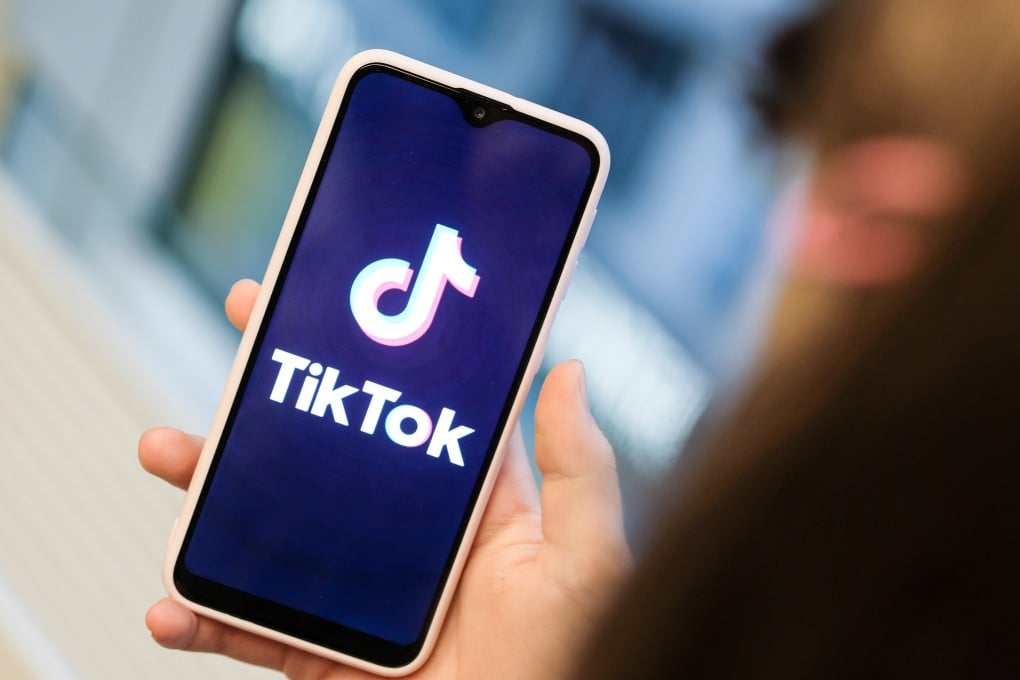Advertisement
Indian tech firms welcome users as Modi bans TikTok, 58 other Chinese apps
- The unprecedented ban is likely to affect one in three mobile users in India, which is the biggest market for TikTok owner ByteDance
- Observers say the decision is in line with the Modi government’s aim to make India self-reliant and will pave the way for the emergence of local platforms
Reading Time:4 minutes
Why you can trust SCMP

The Indian government’s ban of TikTok and 58 other Chinese apps, which comes amid a border row with China, has attracted praise by some Indians and local tech firms keen to welcome the apps’ users to India-made platforms, although others have decried the decision as going too far.
The unprecedented move, which came weeks after 20 soldiers died in a border clash in the Himalayas, is likely to affect one in three mobile users in India.
India is the biggest market for TikTok, a wildly popular video-sharing app which has been downloaded more than 660 million times since its launch, according to an estimate by app intelligence agency Sensor Tower. TikTok has between 120 and 200 million active users in the country.
Advertisement
The move marked another attempt by India to reduce dependence on its neighbour’s products and put a spanner into efforts by China’s largest corporations to expand beyond their own borders.

03:08
India bans dozens of Chinese apps, including TikTok and WeChat, after deadly border clash
India bans dozens of Chinese apps, including TikTok and WeChat, after deadly border clash
Hashtags such as #RipTikTok, #TikTokBanned, and #TikTokBanIndia began trending on Twitter after the announcement, with some people lashing out over the decision.
Advertisement
“Now, we will delete Chinese apps. What about many other Chinese products we have at home, throw them also?” asked one disgruntled TikTok user with the handle ginni1717, in a video that was shared on Twitter and attracted more than 600,000 views.
Advertisement
Select Voice
Select Speed
1.00x